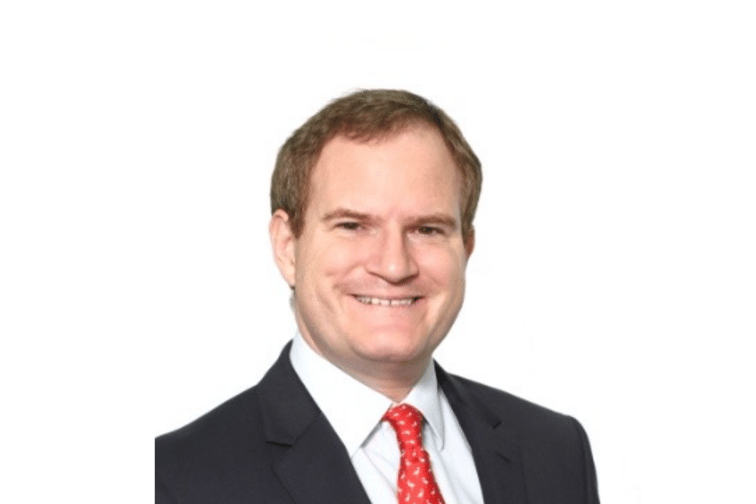

For many in the insurance industry, 2021 has offered somewhat of a fresh start after the tumult that defined last year. For Lee Garvey (pictured), the new year means that a change of scenery is on the cards.
Having spent the past seven years in Singapore working across the Asian region with Marsh, Garvey was recently announced as Willis Towers Watson’s (WTW) head of financial solutions for Australia and New Zealand. He told Insurance Business that he was “very keen to take up the opportunity to lead this line of business” at WTW.
“The team at Willis Towers Watson has continued to expand and obviously continues to be the market leader, so this position is something I’m very happy to have taken up,” he said.
In this role, Garvey will be responsible for overseeing the development of such products as credit insurance, political risk insurance, and commercial surety – areas in which “the Australian market has become increasingly active in terms of the marketplace, but also insurers and buyers,” he noted.
“What we’re ultimately doing is helping clients manage their credit risk and enter new markets,” Garvey said. “In an Australian context, this has a number of applications. We work with banks and help them with managing their own credit exposures and optimising their balance sheets. We work with mining companies to arrange political risk insurance when they’re entering emerging markets that present sovereign risks to their project.”
This risk can also come in the form of political tensions such as those experienced between Australia and China in recent months, which has resulted in heavy tariffs and even embargoes being levied against certain imported Australian goods.
“With some of the trade disputes that we’ve seen over the last year, it’s very important for clients to be able to consider a number of different countries rather than having a portfolio with a heavy concentration in one particular external country because relationships can change quickly,” Garvey stated.
“There are risks that arise for corporations and banks when they invest in external territories, and so we’re there to provide them with the support and protection that credit and political risk insurance offer,” he added.
Of course, the most glaring risk to present itself in 2020 – COVID-19 – remains a threat to businesses worldwide, and its full impact on areas such as the commodities sector “is still yet to be fully known”, Garvey said.
“COVID-19 has made it quite challenging for mining companies focused on emerging markets, particularly those looking in Africa, to prospect and actually get people on the ground,” he said.
“However, as we see some more movement in 2021, I think this will be an area that will start to pick up in terms of activity, making it a very interesting area for the political risk insurance market.”
Another area in which Garvey sees “some very interesting positive developments” is the insurance industry’s move to support renewable energy projects across the APAC region.
“The insurance industry does look to respond positively to meet ESG (environmental, social and governance) criteria these days, and, as part of that, many companies are looking to reduce their exposure to coal,” he said.
“What this means is that they’re increasing their knowledge around energy production forms, such as wind and solar. The insurance market in Asia, for example, has been very active in looking at wind farms, and having spoken to insurers in the Australian market, renewables are definitely an area of focus and growth there too.”
